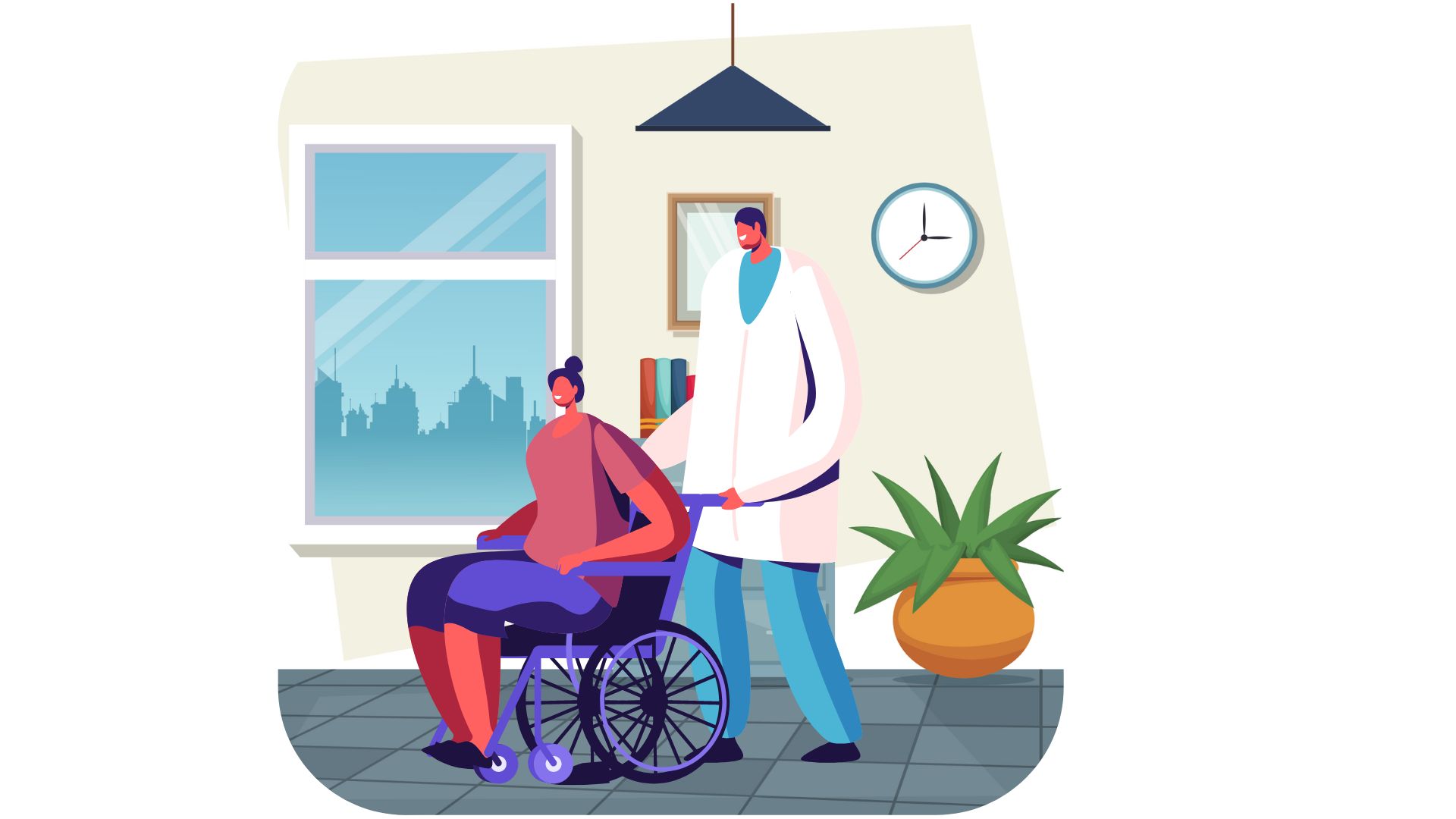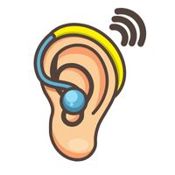
- Compliance
Close to Home: ADA Enforcement Actions in the Southwest
ADA enforcement actions taken against local practices for alleged disability discrimination offer learning opportunities for your practice.
The United States Department of Justice (“DOJ”) has been investigating and prosecuting cases of alleged disability discrimination. The allegations and settlement agreements in pending and closed cases provide valuable insight into compliance with the Americans with Disabilities Act ("ADA") of 1990.
All MICA members and practices should consider the alleged violations when assessing whether their practice is accessible to patients or their companions1 with disabilities.
Arizona and Nevada
The DOJ filed a lawsuit against an Arizona ophthalmology practice for alleged ADA violations.2 The lawsuit directly addresses patients with mobility disabilities (a person with a disability). The alleged violations of the ADA include the following:
 Requiring that non-weight bearing, cataract surgery patients hire and pay for medical support companies to:
Requiring that non-weight bearing, cataract surgery patients hire and pay for medical support companies to:
- transport them to the practice on stretchers or gurneys,
- stay with them because they had to remain on stretchers or gurneys until surgery, and
- transfer them to the surgical tables;
- Prohibiting these patients from using family/friends to transfer them to surgical tables;
- Prohibiting practice staff from assisting non-weight bearing patients with transfers to surgical tables; and
- Refusing care for some non-weight bearing patients because of their disability.
According to the DOJ, the practice made an elderly quadriplegic patient wait 30 to 40 minutes, strapped to a gurney in view of a waiting area, with the patient's companion standing awkwardly next to her in the middle of patient traffic, embarrassing the patient and making it difficult for the patient to hear and privately talk to the companion. The companion eventually sat in the waiting area, leaving the patient on the gurney alone.
Utah
Following a complaint of discrimination by a deaf Utah patient who requested a sign language interpreter, the parties agreed to resolve allegations through a settlement agreement. The hospital and its medical practices agreed to establish a program to provide appropriate auxiliary aids and services for patients and their companions who are deaf or hard of hearing.3
Some of the DOJ's accommodation requirements related to individuals who are deaf or hard of hearing also apply to accommodations for patients with mobility disabilities.
Those requirements are as follows:
 The hospital and medical practices will determine which appropriate auxiliary aids and services are necessary, in consultation with the patient or companion with the disability where possible; and
The hospital and medical practices will determine which appropriate auxiliary aids and services are necessary, in consultation with the patient or companion with the disability where possible; and- Provide the necessary and appropriate aids and services as soon as practicable and without charge to the patient or companion.
The determination must be made at the time the patient or companion schedules or arrives for an appointment, whichever occurs first. If the patient or companion does not request appropriate auxiliary aids or services but the hospital or practice staff have reason to believe the patient or companion would benefit from appropriate auxiliary aids or services, the staff must inform the patient or companion that appropriate auxiliary aids and services are available without charge.
The DOJ also required the hospital and practices to include the following language in patient handbooks, notices, or materials:
To ensure effective communication with patients and their companions who are deaf or hard of hearing, we provide appropriate auxiliary aids and services free of charge, such as: sign language interpreters, TTY's, notetakers, written materials, telephone handset amplifiers, assistive listening devices and systems, telephones compatible with hearing aids, closed caption decoders, and open and closed captioning of most [name of medical practice] programs.
Please ask your nurse or other [name of medical practice] personnel for assistance, or contact [job title or name of department] at _______________ (voice or TTY), room_____ [location]
MICA members and practices should, at a minimum, include language in all patient notices, materials, websites, and/or portals, generally stating that appropriate auxiliary aids and services are available to patients and companions with disabilities; and providing the contact information for assistance.
MICA Members
For additional questions or if you're seeking additional resources about ADA enforcement actions, contact MICA's Risk Team Monday through Friday, 8:30am-5pm MST at 800-705-0538, or email rm_info@mica-insurance.com to discuss.
If you ever need to report a potential claim, please call our Claim team at 800-352-0402 or by logging into our member portal on the website.
[1] Under the ADA, a companion may be a family member, friend, or associate.
[2] The DOJ's public statement about the lawsuit is available at Justice Department Sues Ophthalmology Practice with 24 Facilities for Discriminating Against Individuals with Disabilities who Use Wheelchairs | OPA | Department of Justice.
[3] Read the details and mandates in the settlement agreement at Settlement Agreement (justice.gov).
